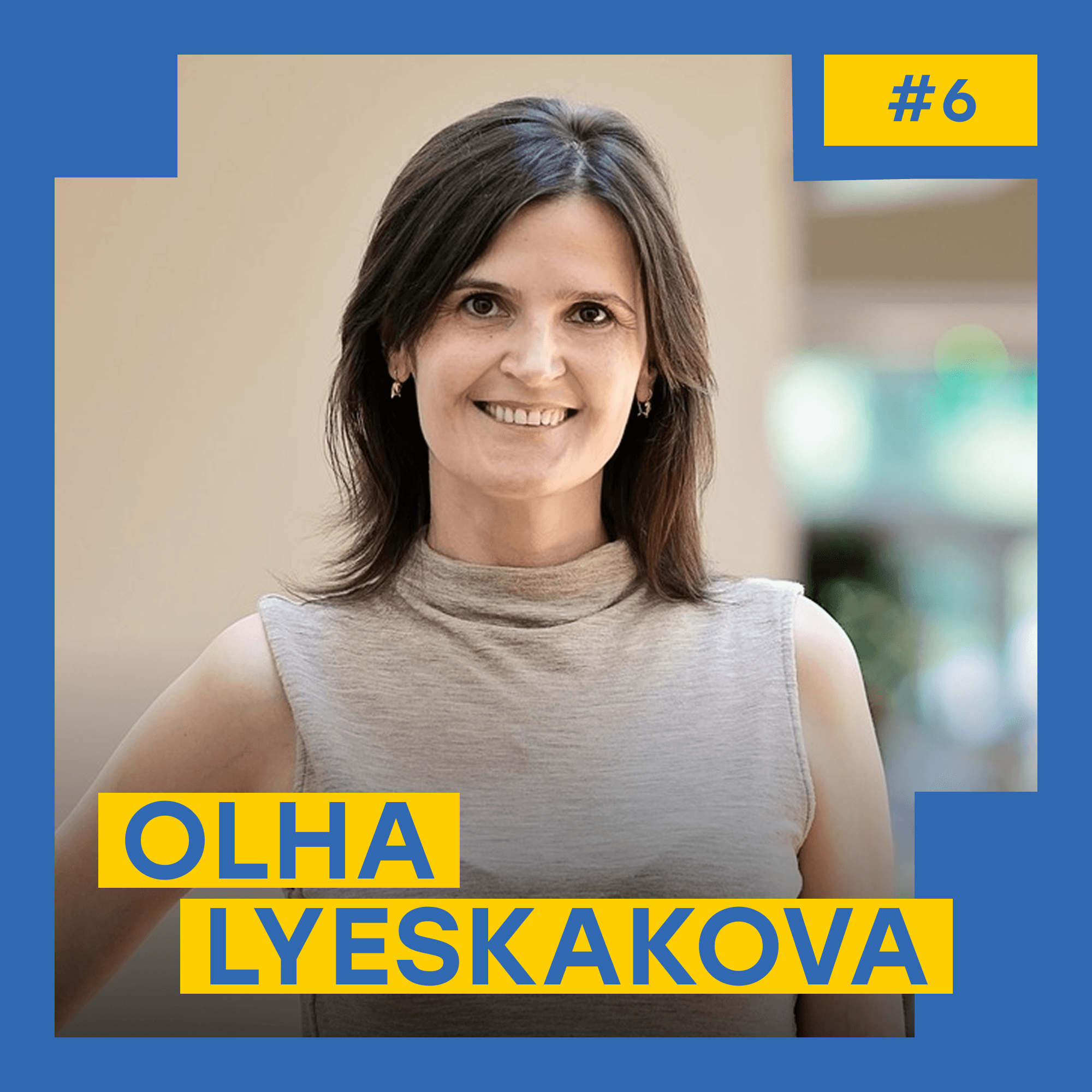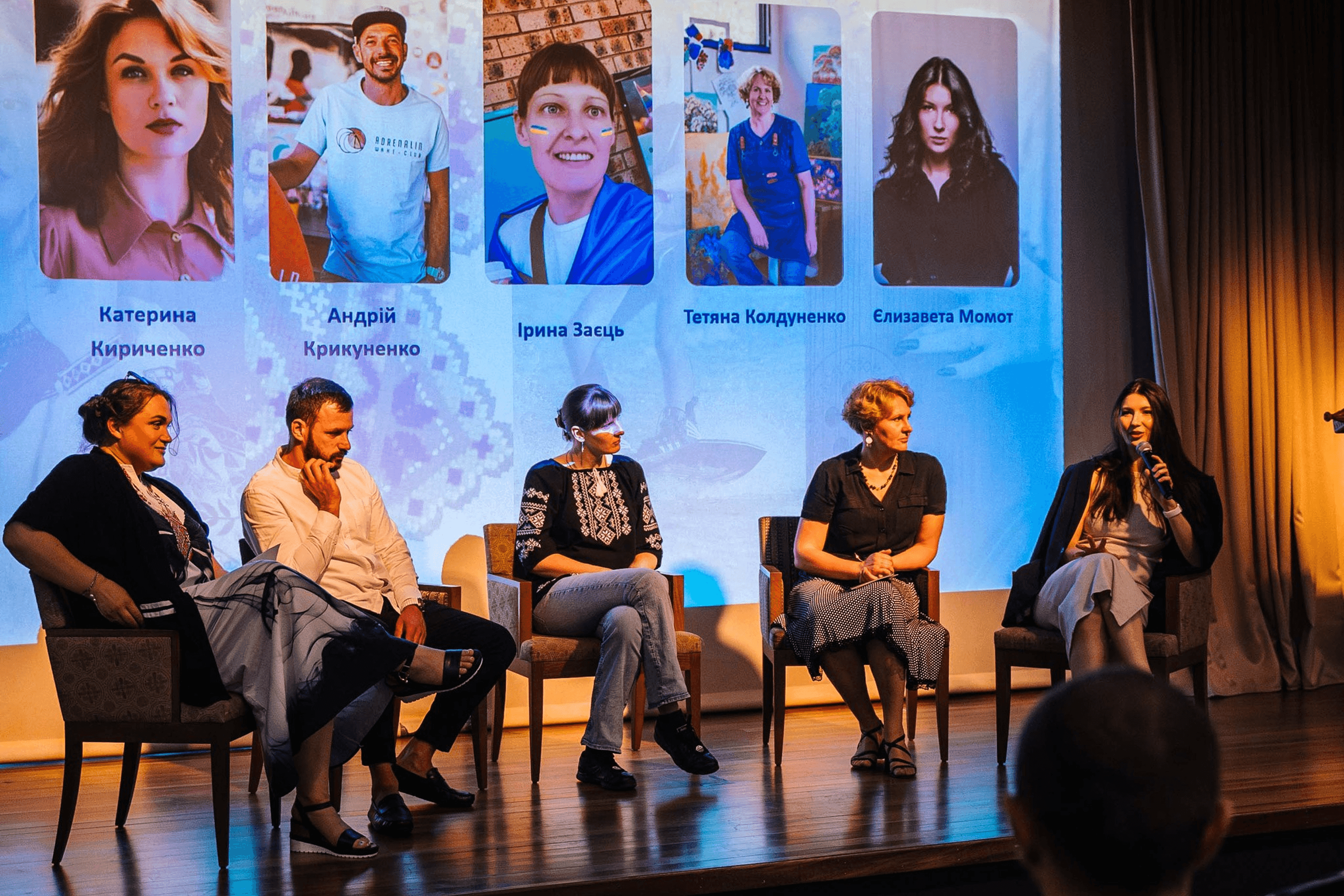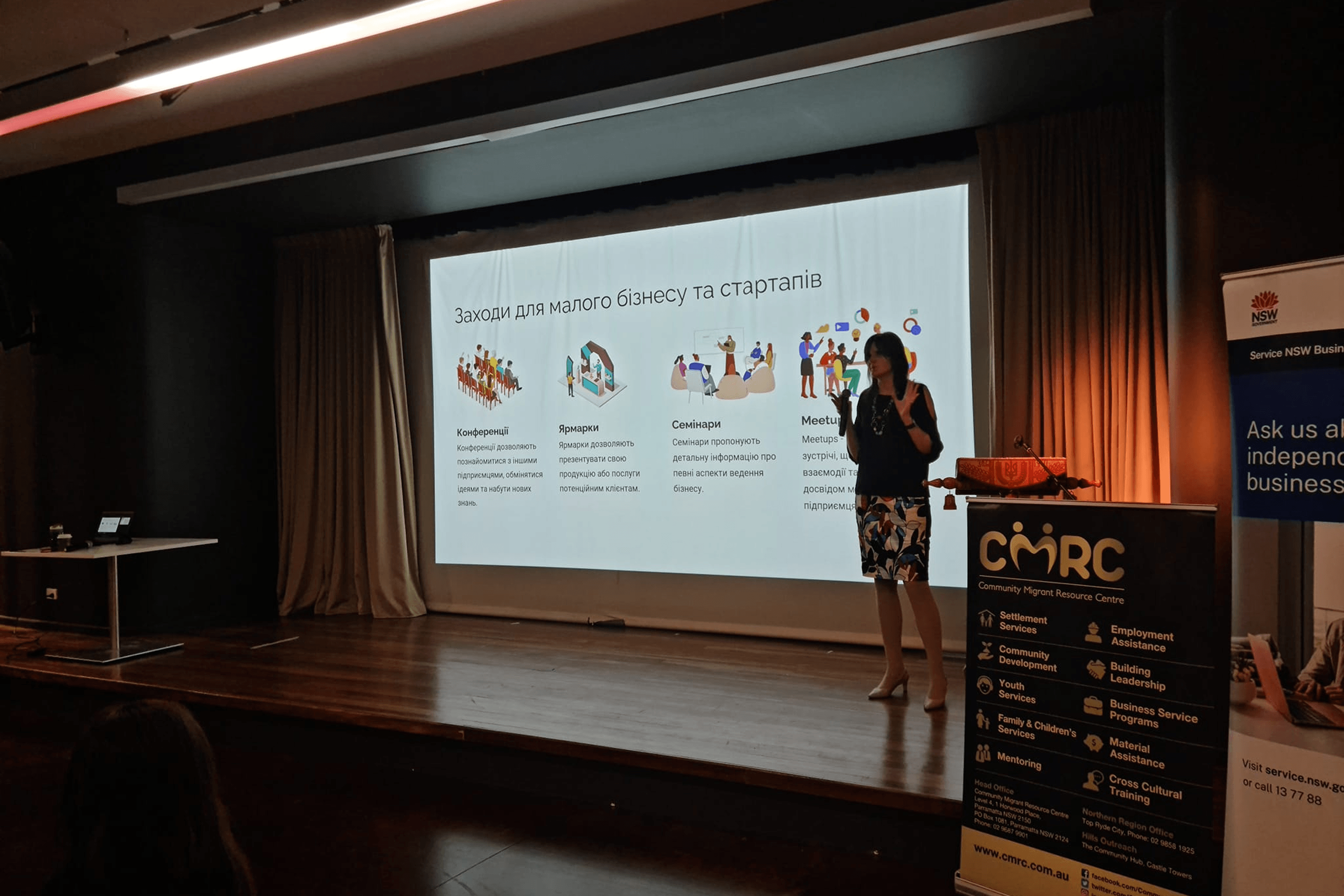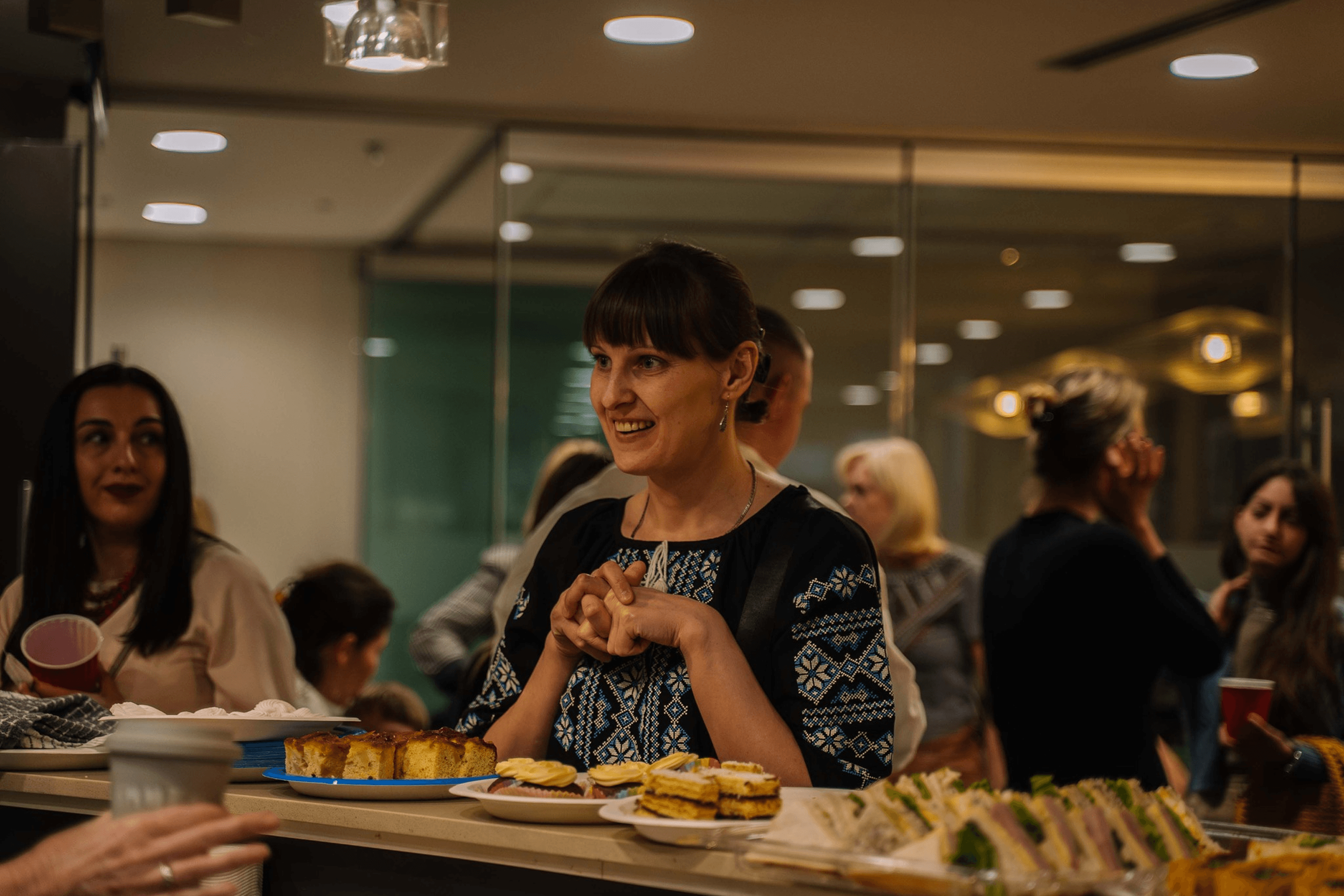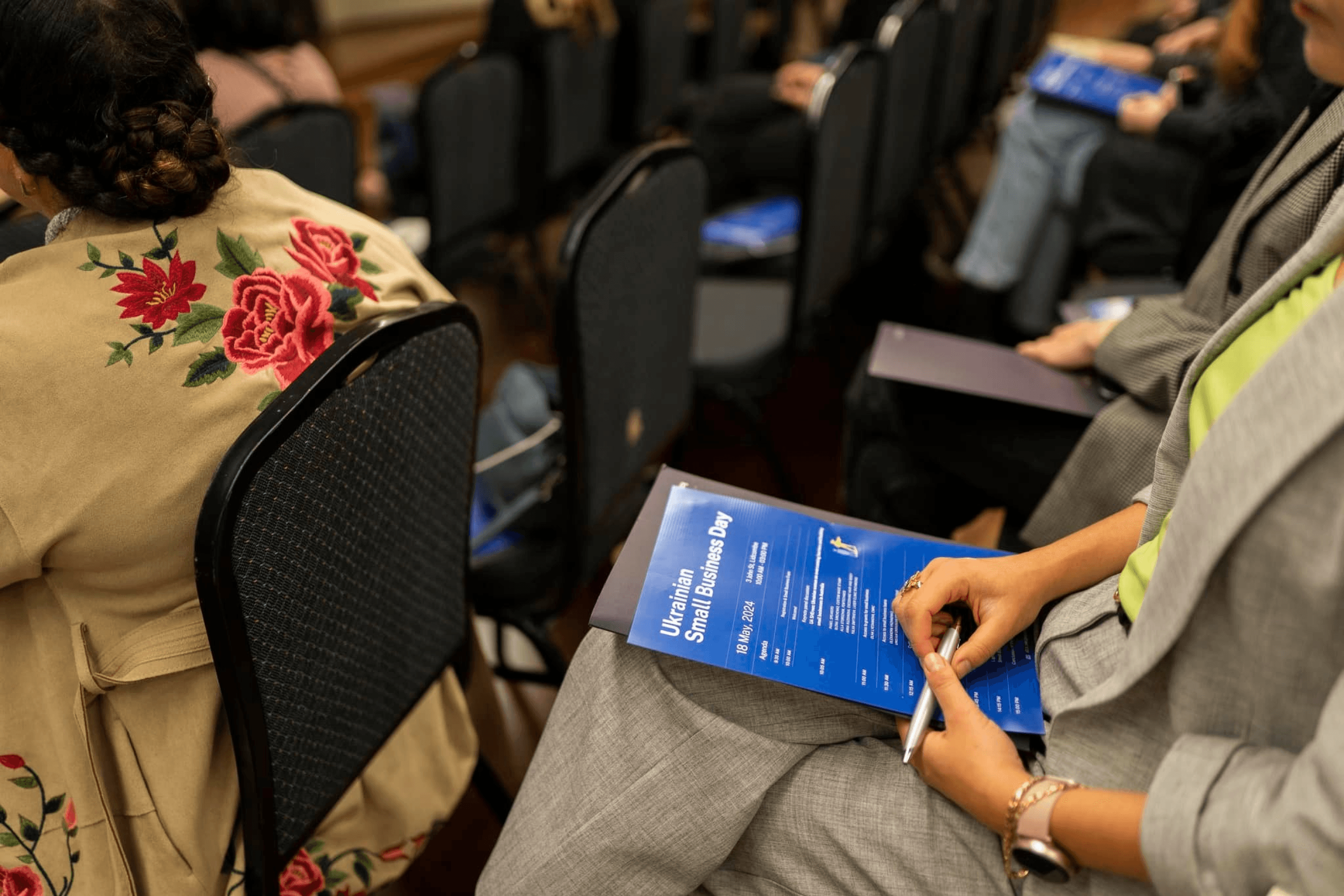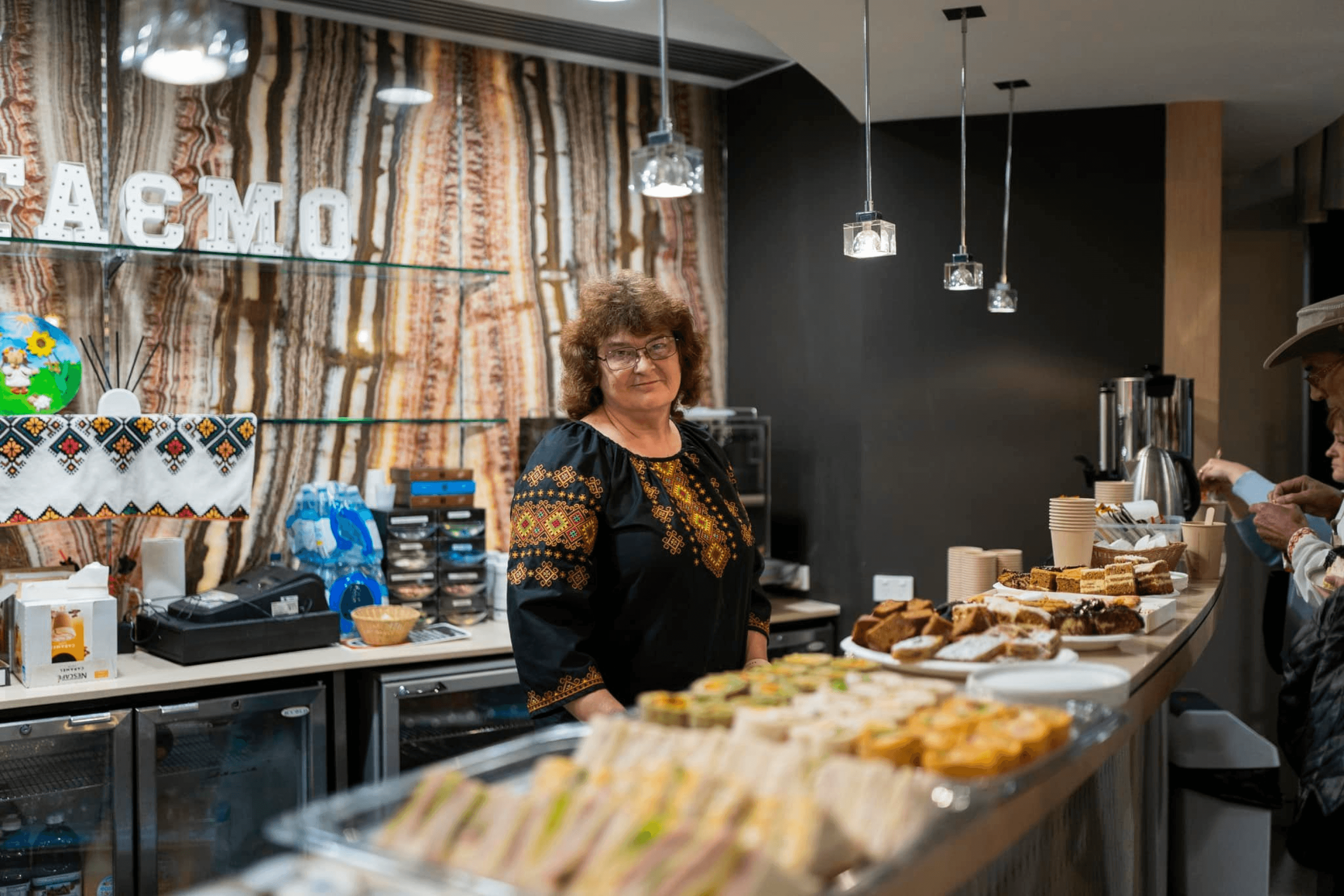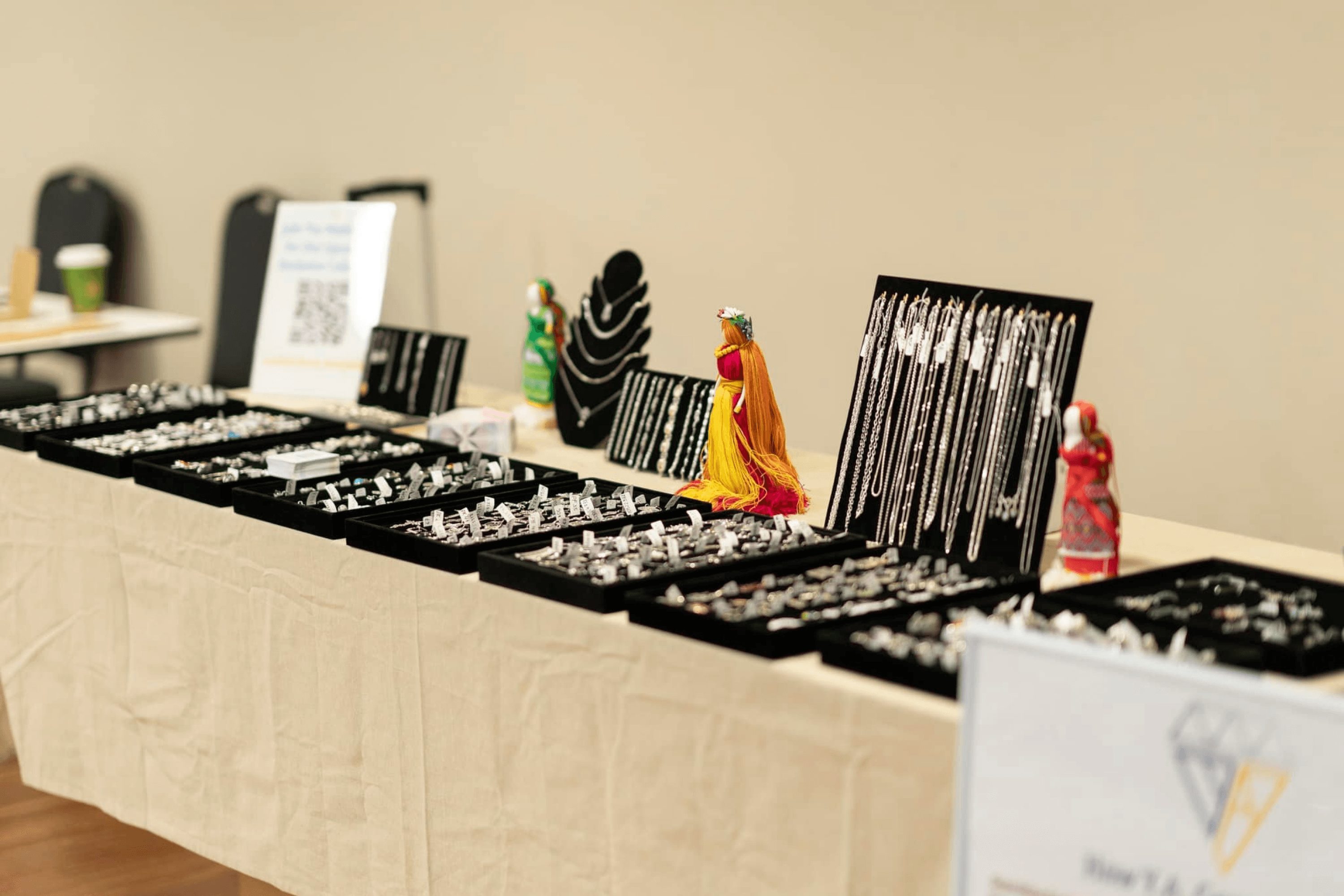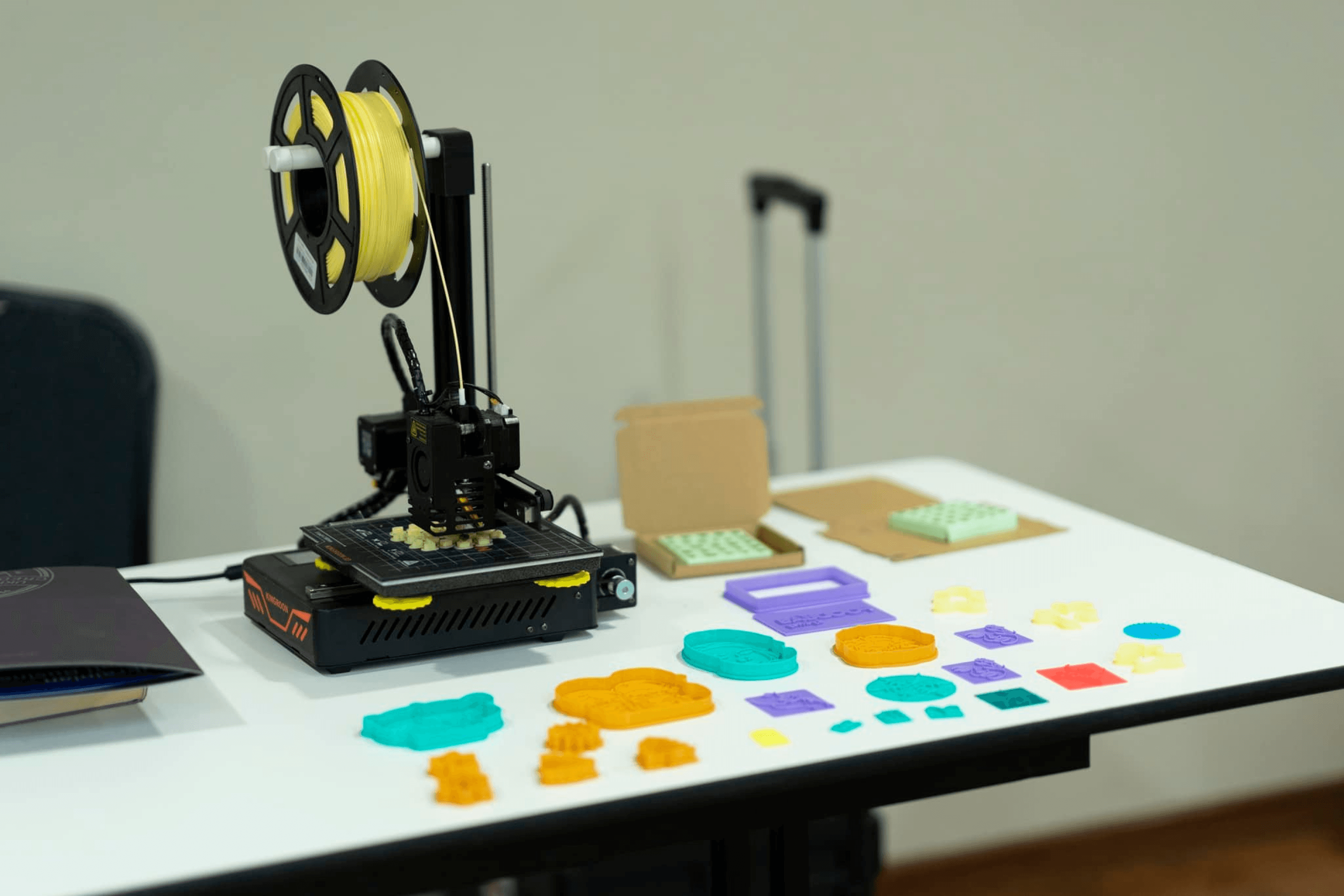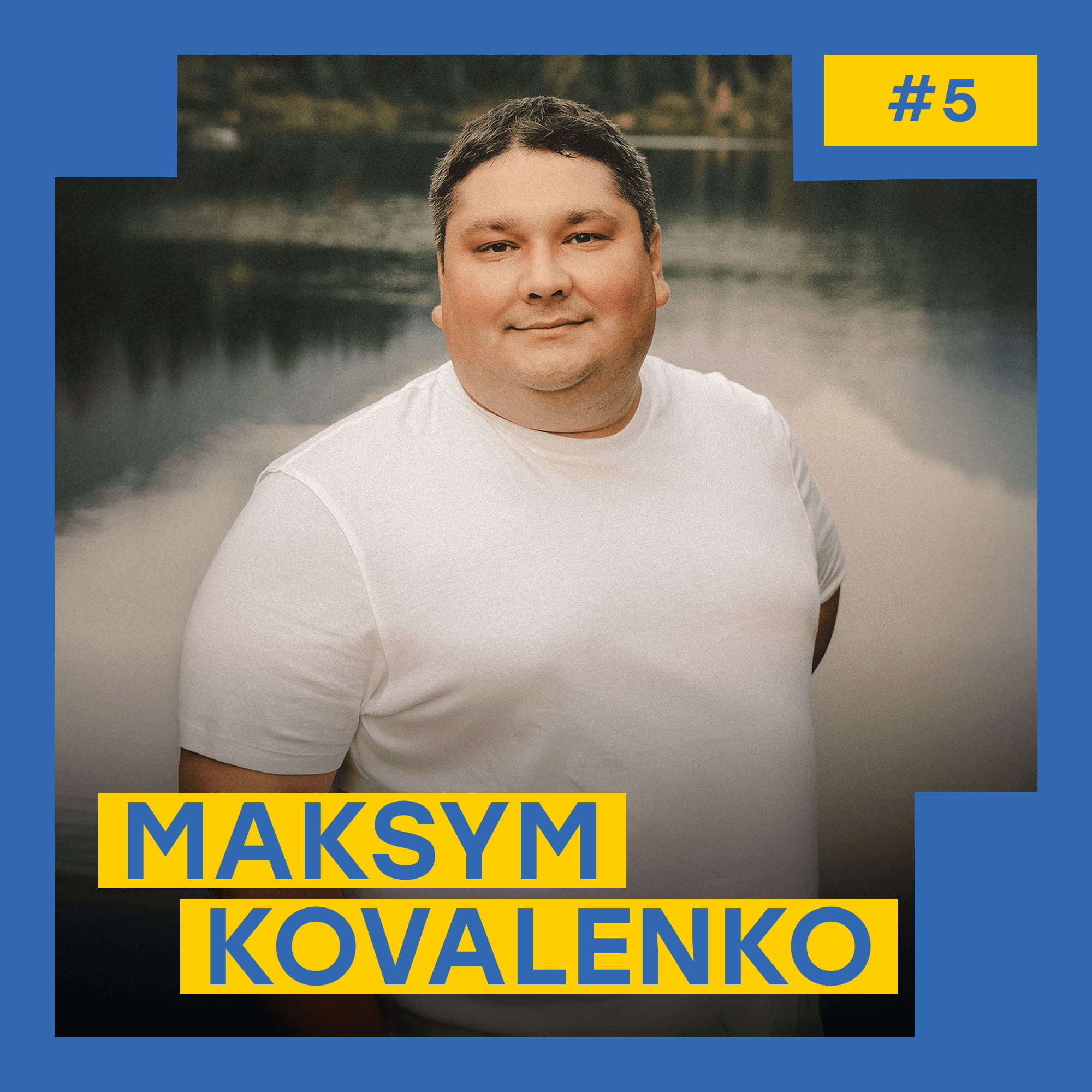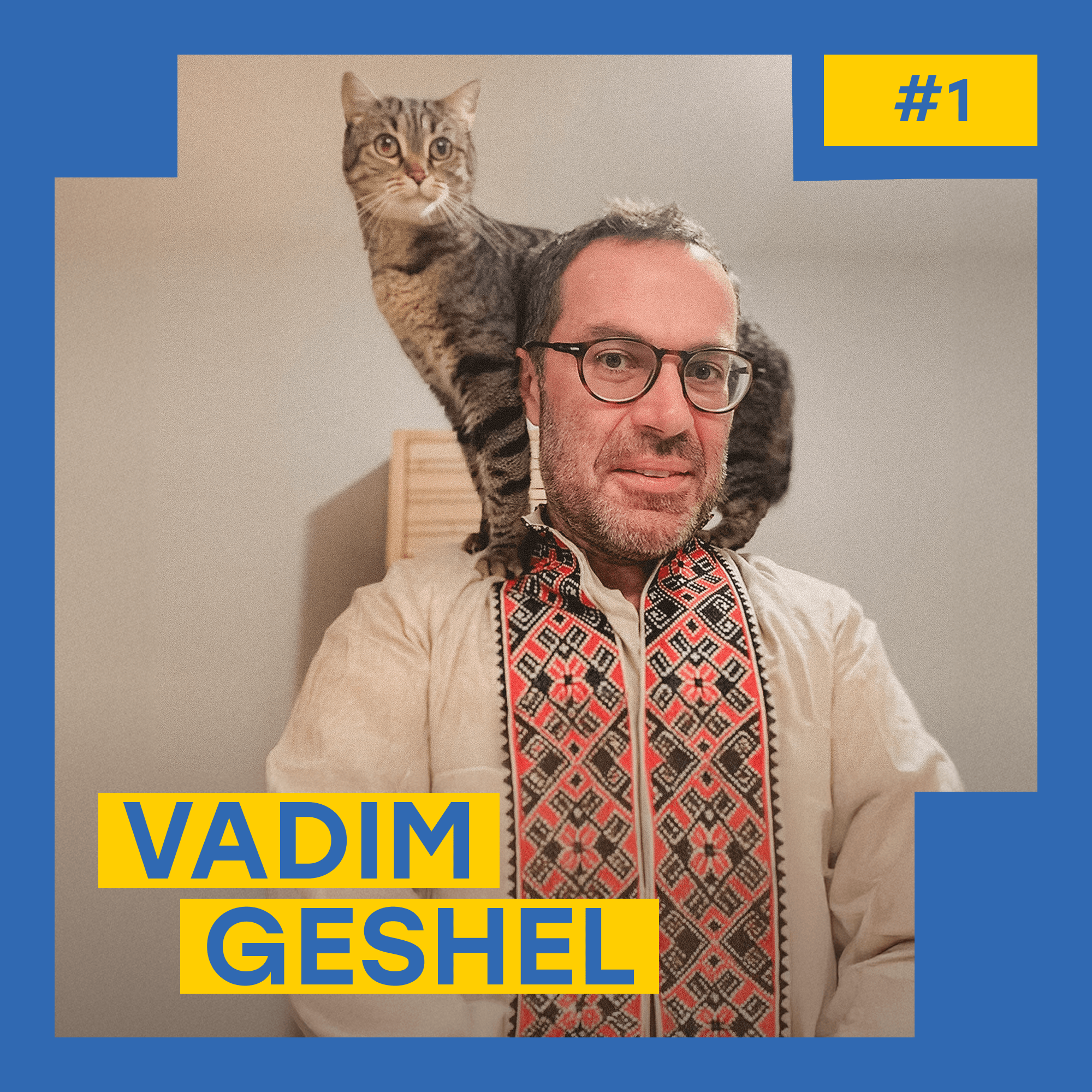Olha Lyeskakova is originally from Lviv Oblast. She graduated from the Physics and Mathematics Faculty at KPI with a degree in mathematics. She spent twenty years working in sales and marketing in Ukraine. In 2016, Olha moved to Melbourne, Australia, through a skilled migration program with a 190 visa from the state of Victoria. Since relocating, she earned two more degrees: one in marketing and an MBA. She settled in Sydney and has worked for the past three years as Senior Marketing Manager at Rentokil Initial Australia, a global corporation. Having faced a challenging adaptation process herself, Olha decided to help Ukrainians just beginning that journey. In 2023, she became a business advisor for the Ukrainian-speaking community in New South Wales and has consulted nearly 1,000 Ukrainians living in Australia. In the podcast I’m Just Asking!, we discussed with Olha which startups are gaining traction in Australia, why Ukrainians may come across as blunt to Australians, the biggest challenges after moving here, and which topics are considered taboo. Here are the key points from the conversation. Listen to the full podcast episode at this link.
In Australia, there’s a lot of respect for work-life balance, but we’re used to a different pace of life. But it’s really nice to have time for family and hobbies — and importantly, this doesn’t negatively affect your income or career growth. I was really impressed by Australians’ smiles, their relaxed attitude, and their willingness to help. It’s a positive attitude, but for people from the post-Soviet space, it can actually be challenging when they first arrive in Australia. Australians don’t understand our serious expressions and often think we’re angry, tense, or rude. It’s something you need to overcome personally if you want to build a career or run a successful business here.
There really are spiders, snakes, and crocodiles, but not in the areas where most people live. These dangerous creatures live mostly in the north of the continent, while most people live in the south — in Sydney, Melbourne, and other cities — where there is no danger. Australians often smile broadly when people from other continents express fear about coming here for reasons like that. The largest Ukrainian communities in Australia, just like most of the population, are concentrated in Sydney, Melbourne, Brisbane, Perth, and to a lesser extent, Adelaide.
I work with government multicultural small business support programs, providing consultations as a contractor. People reach out when they want to start their own business or don’t know how to develop it further. The most common request is how to start a home-based business. Many of our women arrived after the full-scale invasion and want to, for example, bake cakes to sell. This is a business that’s easy to start without the expenses of renting a space. People come to me asking about what documents they need and where to get them to run such a business legally. If a company has problems with sales, we can work together to develop a marketing strategy and tactics. This free program will now remain available only to those already registered as entrepreneurs. Other states also have government programs, but they don’t have Ukrainian-speaking advisors and usually charge fees.
Most of our women start businesses in the beauty industry like nails, hair salons, or cosmetic procedures. Others focus on baking and cooking. Many men work in construction. Some are from IT — programmers trying to start something of their own here. This represents the majority of what our people do after arriving.
Tax incentives in Australia are only available for startups working with innovations. This means it’s not about opening a café or starting a beauty business, but developing something completely new, usually in the IT industry. All other businesses, as a sole trader, follow the regular tax scheme. If a sole trader’s total annual income doesn’t exceed 18,000 Australian dollars ($11,665), no taxes are owed. If you earn more, taxes are calculated based on your annual income. The maximum tax rate is currently 45%.
In Australia, you can register as a sole trader in just 10 minutes. I was assisting a Ukrainian client with opening their sole trader number by completing online forms and entering their details. You receive the number immediately and can start working right away. It’s very fast, free, and something you can do yourself. If there’s no activity on the ABN — the Australian sole trader number — it will simply be cancelled. If your business isn’t active, you don’t even need to go anywhere to close your registration. If you change your mind, you can restore it just as easily in 10 minutes.
Australia is a highly regulated country. For any activity that could pose even a small risk to someone, you need official permission to do it. Different industries have their own operating requirements. Many certificates are needed in construction and in fields related to people’s health. If you work with children, for example, if you want to provide after-school care, you need a Working with Children Check. This is a background check confirming you have no legal issues involving children — no lawsuits or complaints about how you interact with them. The certificate is usually issued within 24 hours and costs about 80 Australian dollars ($52). You don’t need to take exams or courses to get it, but you do need to provide personal information like your passport and health insurance card, which are checked against Australian law enforcement databases. Other certificates require training. For instance, to work with food, you must complete a Food Safety Certificate. It’s a simple course that takes a day or two and is completed with tests.
In Australia, you can manage your own reporting and accounting. Hiring an accountant for a quarterly report costs up to 200 Australian dollars ($130), while a tax return can range from 300 to 600 Australian dollars ($195 to $390), depending on your turnover.
The Australian market is quite unique — what’s in demand in Europe might not generate much interest here. For example, double-glazed metal-plastic windows: Australians can afford them but don’t see the need. They’re perfectly fine with single-pane aluminum windows. Many people come with this idea, and there are a few companies here, including some Ukrainian ones, trying to run this business, but there aren’t many because the demand simply isn’t there.
The beauty industry is thriving in Australia, and Australians have the money to spend on it. However, compared to Europe, this sector is somewhat behind. Many of our women arrive with advanced skills and methods, which are in demand here, but there are already many competitors. The market is saturated — if you’re looking for a niche with room to grow, this probably isn’t it.
To live in Sydney without luxury or fancy restaurant outings, a single person needs at least 6,000 Australian dollars a month ($3,900). Rent alone will cost no less than 3,000 Australian dollars ($1,950). Some people rely on Centrelink, which is financial assistance for low-income individuals, providing around 2,000 Australian dollars a month ($1,300), and they manage to get by. Ultimately, your cost of living depends on which Australian city you live in, your family makeup, and your lifestyle expectations.
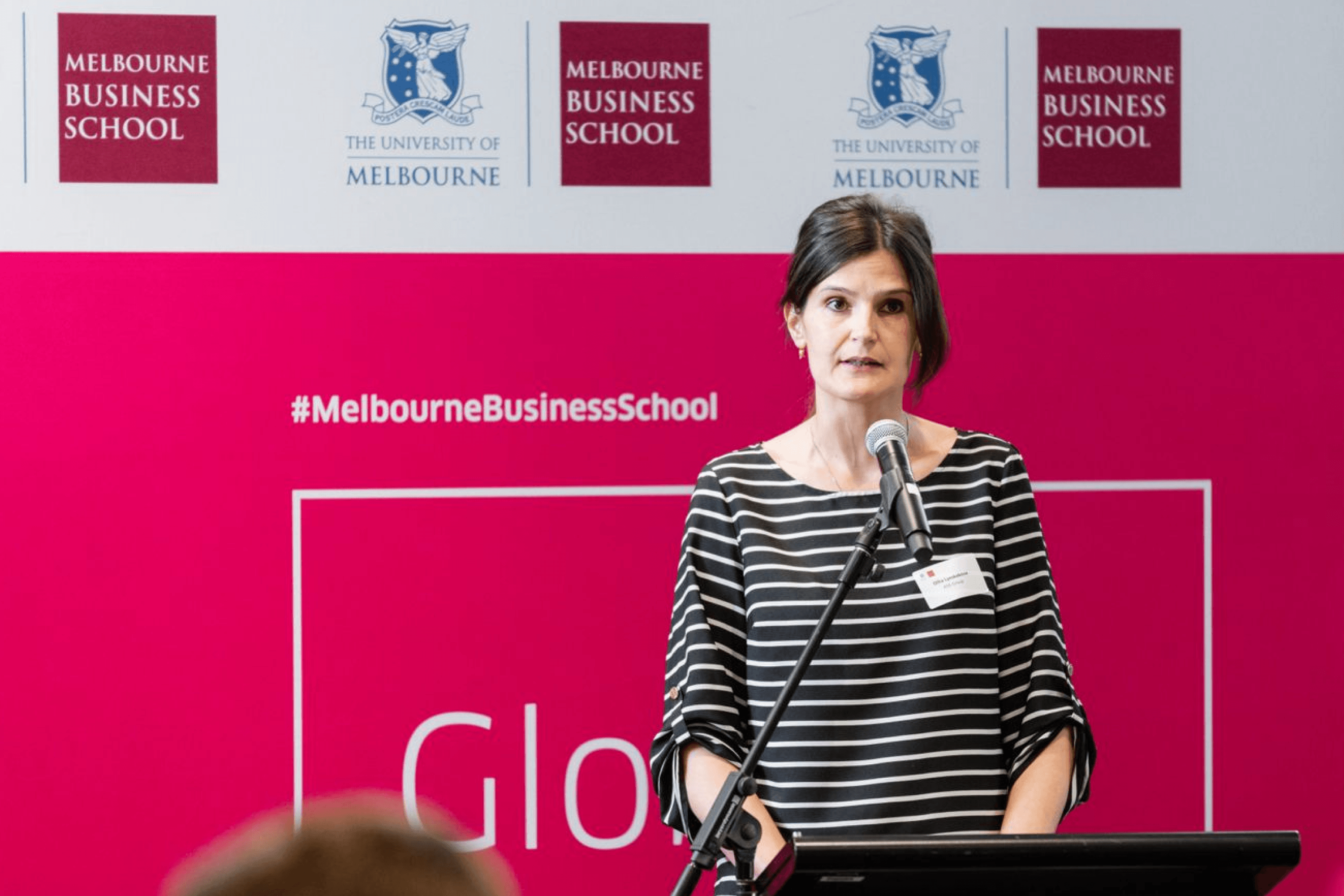
In Australia, it’s not customary to talk about money. Sometimes, it’s even written into employment contracts. In offices and among colleagues, the topic is generally off-limits. Your contract may state that you cannot discuss your own salary or anyone else’s. While you won’t get fired for telling people what you earn, it won’t be seen as normal. Typically, salary details are considered confidential between you, your manager, the director, and HR. Outside of work, however — as in other countries — people talk openly about money, including complaining on social media about how expensive everything is.
Bargaining is absolutely not customary in Australia. This is important for entrepreneurs to understand: if you give a price for a product or service, that price is final. When a company needs a product or service, they just compare the options and pick the one that suits them best. If yours isn’t the best, you’re out of the running — no negotiations, no counteroffers. This is very different from the Ukrainian mentality. People from our community who start working here are often shocked by this approach: ‘I gave a price — we could have talked and lowered it.’ But the client already moved on because they were immediately given what suited them. This is where many people get discouraged.
I decided to bring together the Ukrainian business community in Australia. I combined my own workshops with seminars from other speakers and organized a large event — Ukrainian Small Business Day. There had never been anything like this in Australia before; Ukrainian businesses were generally overlooked. I was surprised by the strong response: 90 people registered for the first event, and some even traveled from Melbourne and Queensland — that’s about 900 km away. People really want to collaborate on projects. Now, I organize these events twice a year. Similar events have begun taking place in Melbourne as well. The Ukrainian community needs this, especially after the full-scale invasion. Many new immigrants have arrived here, people who grew up after the collapse of the Soviet Union, with ambition and an entrepreneurial mindset.
Since 2023, I’ve been running educational webinars and workshops on sales, marketing, and cybersecurity. I have a small business in management consulting, through which I provide advice to Ukrainian speakers as part of the government programs Business Connect and Digital Solutions. I’m given the number of webinars, and I decide the topics. These programs are funded by either state or federal government. My goal is to develop the Ukrainian business community in Australia and help people get on their feet. Since I myself moved here not long ago and went through the challenging process of establishing myself, I really want to make it easier for others. About 1,000 Ukrainians have already reached out to me for consultations.
Networking in Australia is everything. You arrive with knowledge and professional skills but feel like a fish out of water because you lack the right connections. Finding them takes time, nerves, effort, and money — things most people don’t have. Most Ukrainians come here without millions in their pockets, so it’s a very difficult path to be starting over your whole life. All your previous experience disappears, your skills may no longer be relevant, and it feels like being born again but older.
Australia has well-developed programs for newcomers. Many companies receive government grants to assist with integration, as Australia is a country of immigrants and hosts many refugees from various countries. Because of this, Australia is well-prepared to provide support, but this help is specific: for example, you can attend English courses, but these take several years, and you still need to live in the meantime. There is no support that will solve all your problems for you. The more educated and experienced you are, the less help you receive, since the government assumes you can manage on your own. A support program for Ukrainians was opened for three months after the full-scale invasion. Those who arrived during this period have already received permanent resident status. This status can also be granted to Ukrainians who arrived later. Refugees were provided with free housing for one month and social benefits, which are still available if you don’t earn enough. However, it’s not like you can just arrive in Australia and have everything provided for you.
Australia has four top public universities. Many international students enroll in the most affordable accredited universities to increase their chances of staying in the country. My education was expensive — two degrees cost around 110,000 to 120,000 Australian dollars ($77,600). But almost all of my tuition was covered because I volunteered after the full-scale invasion. I had spent all my savings on evacuating my family to Australia, so I contacted the university explaining my situation due to the war and asked if I could pay in installments. They immediately offered their support.
Volunteering in Australia is the norm: everyone who respects themselves volunteers to some extent. It’s not seen as unusual here. However, people usually volunteer once their basic needs are met and they want to help others from the kindness of their hearts.
Don’t start a business straight off the plane. In Australia, start by working for someone else first. Geography and climate are secondary. The biggest challenge for newcomers is mindset — the way the world and business are viewed here is very different, so Ukrainians often have a hard time fitting into this environment. It takes time to understand how things work. So work for someone else in your industry for two to three years to understand the nuances. Improve your language skills and take at least some free courses. If you’re a Ukrainian in Australia with a sole trader number, feel free to reach out to me for a consultation. Contact me on Facebook — my details are everywhere.
